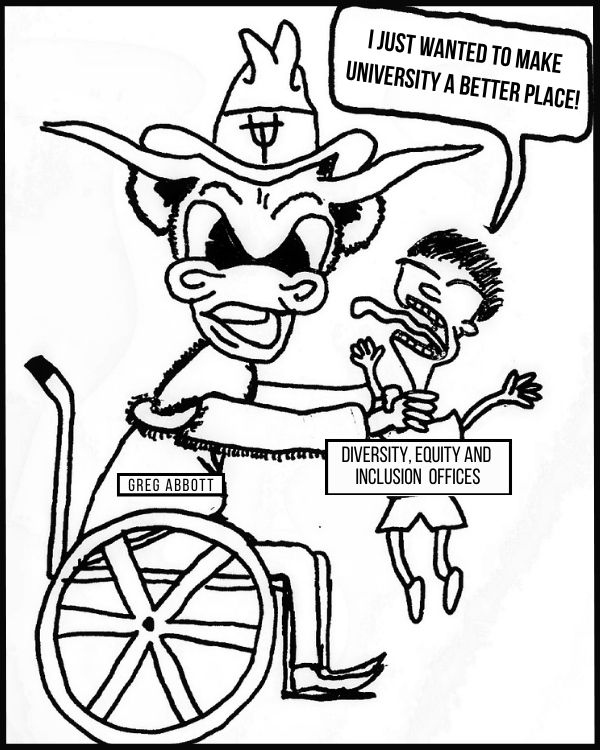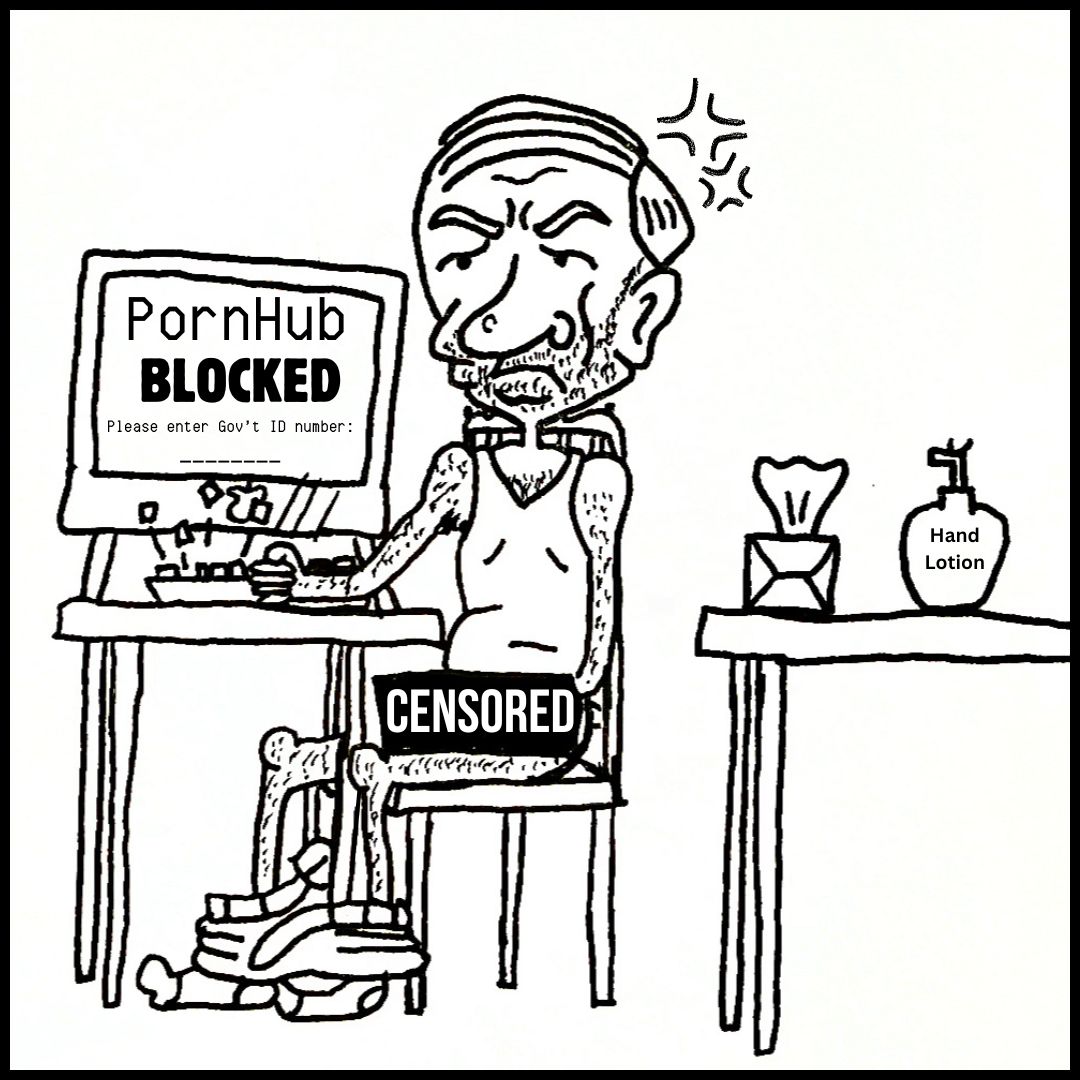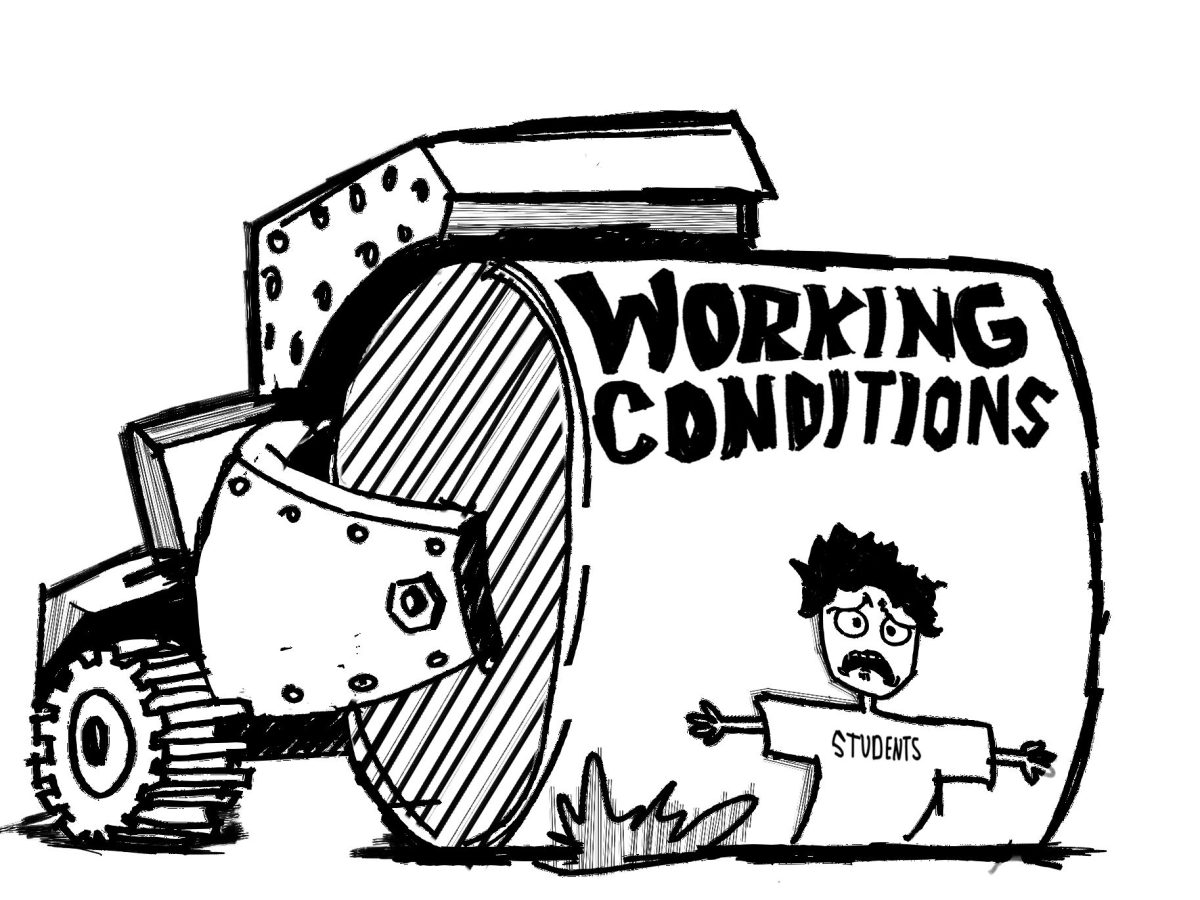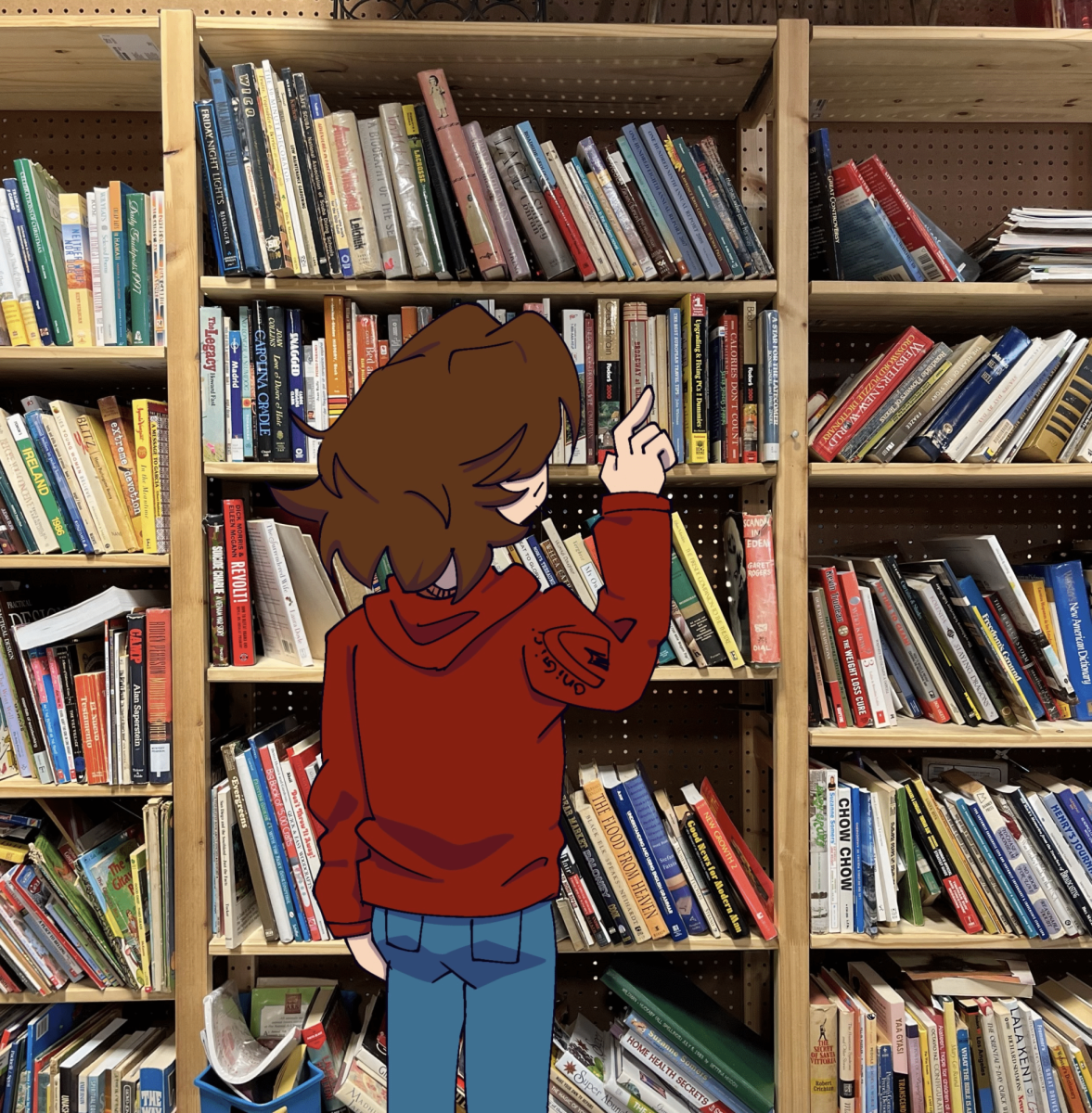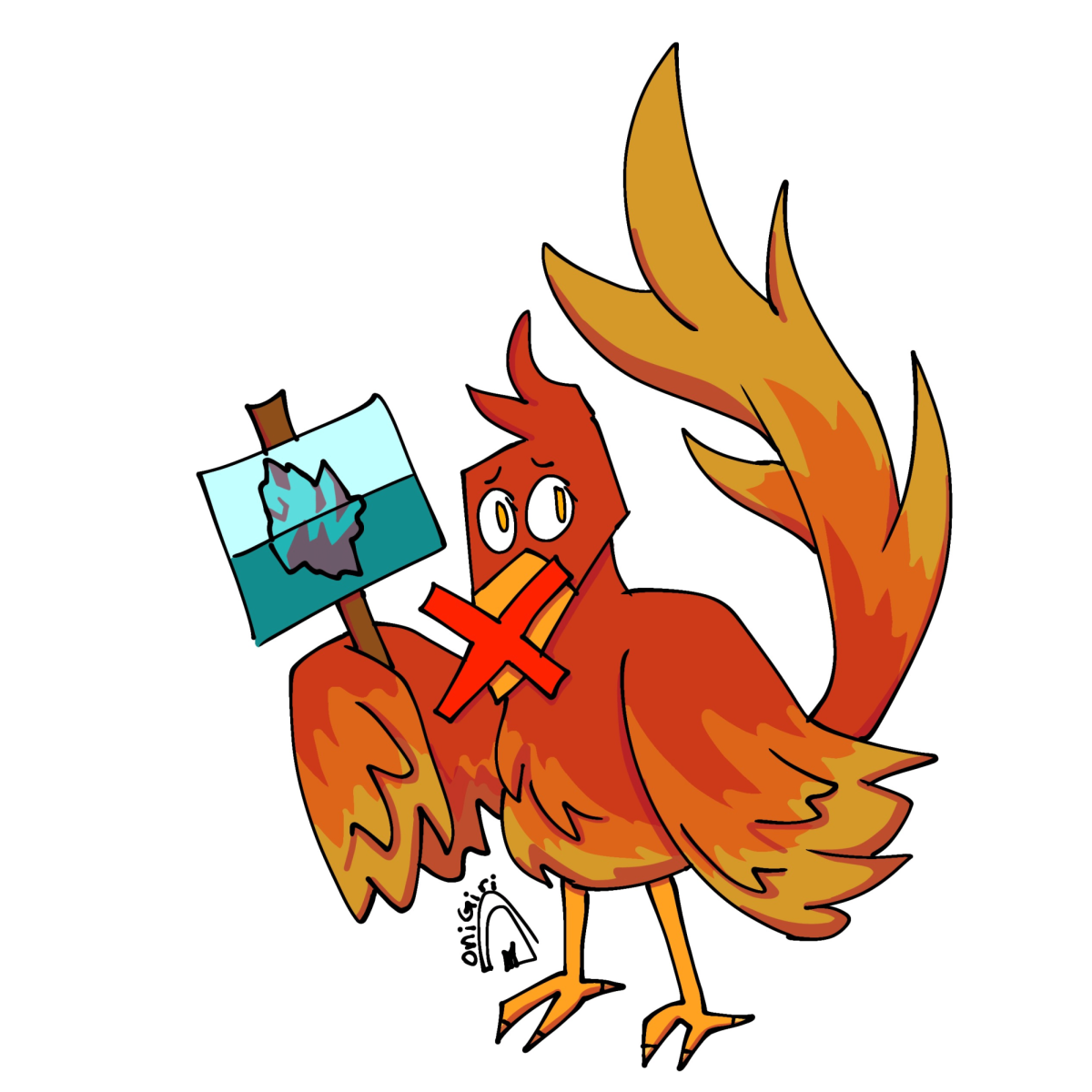On Oct. 15, the UT System Board of Regents approved a $5 million investment in edX, an open-source online educational platform established by MIT and Harvard.
EdX is just one of many online platforms, often called Massive Open Online Courses (MOOC), altering the way people of all ages around the world are choosing the online system as their primary means for acquiring knowledge.
EdX has the potential to revolutionize the way society educates itself. The courses are free; they’re accessible; they’re informative; and they are worth the $5 million investment.
Online educational systems like edX serve to alter student perceptions of the technological learning environment. In the past, online classes have had an attractive reputation to those students who wish to get the easy “A” without being inconvenienced by getting out of bed.
Classes hosted by online platforms such as edX would allow students access to a larger selection of classes instructed by experts in their field.
Further, students in a traditional learning environment may benefit from the supplementary material of the online resource in addition to their university coursework. The legitimization of the online learning experience may serve to relieve classroom overflow in universities who struggle to accommodate their heavily populated student bodies.
Because MOOCs would be offered all over the country, the availability of a quality higher education would encourage competition and the diversity of students who were otherwise limited to geographical proximity for learning. Faculty may tackle additional challenges that could transform a frequent lackluster physical classroom environment into a class of interested students who seek more than just a degree requirement.
In his commentary in the New York Times, Mark Edmundson voiced a concern shared by many traditional learners: “Online education is a one-size-fits-all endeavor. It tends to be a monologue and not a real dialogue. The Internet teacher, even one who responds to students via e-mail, can never have the immediacy of contact that the teacher on the scene can, with his sensitivity to unspoken moods and enthusiasms… It doesn’t matter who is sitting out there on the Internet watching; the course is what it is.”
However, if higher education takes advantage of the innovative technology that is currently available, dialogue between students and professor could be the substitute that traditional students seek.
Educators are constantly searching for new ways to improve and enhance the learning experience. In order to stay ahead of the curve, the UT system needs to continue to commit revolutionizing higher education. Looks like they have taken the first step.







